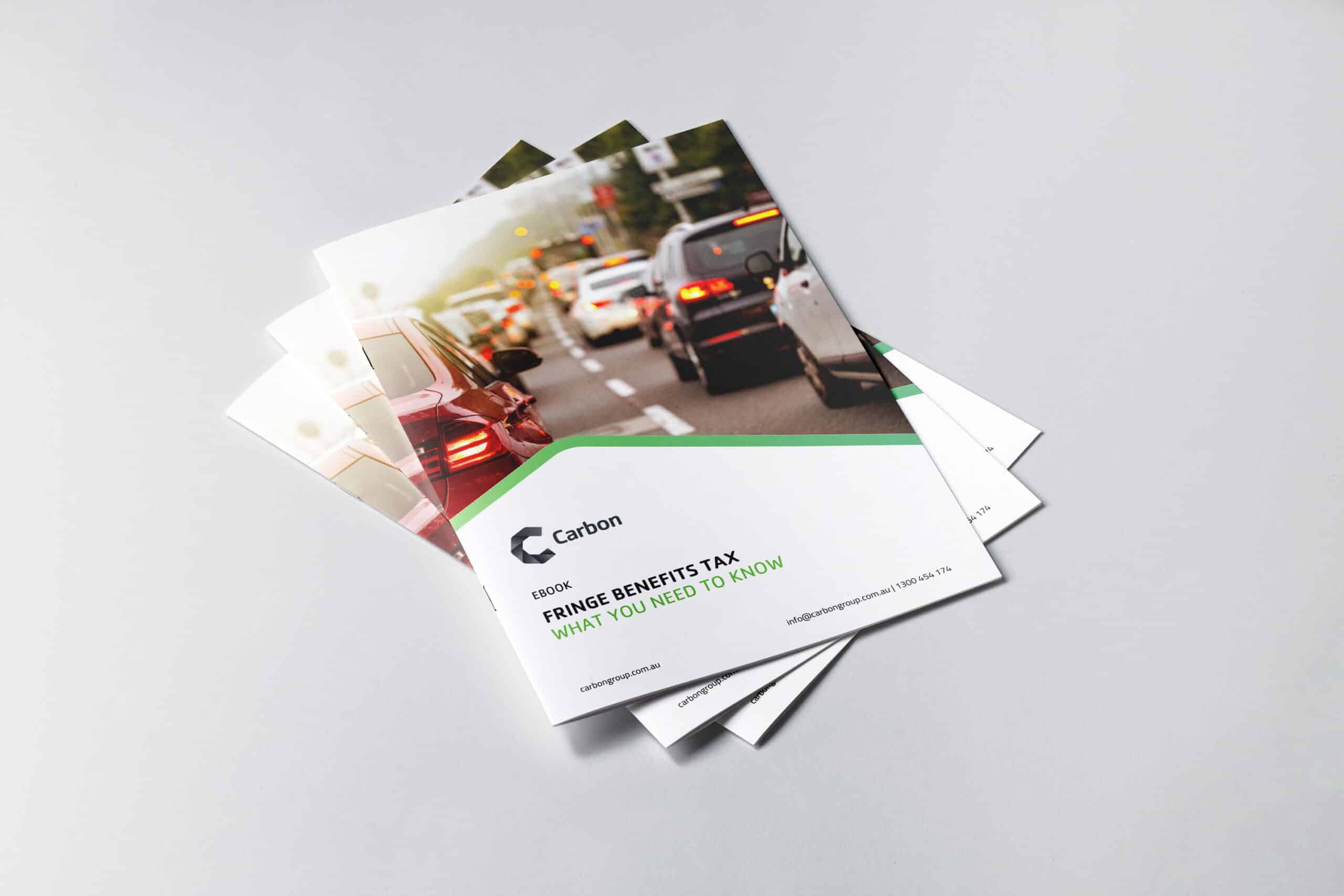Employers need to pay Fringe Benefits Tax (FBT) when they provide non-cash benefits to employees and their associates. Sometimes, employers may not need to pay FBT but they should still lodge an FBT return to avoid unwanted attention from the ATO. This article explains why lodging an FBT return is important for employers, even if no FBT is payable.
Table of Contents
What is Fringe Benefits Tax (FBT)?
Fringe Benefits Tax (FBT) is a tax Australian employers pay on certain benefits they provide to their employees, their employees’ families or other associates as a result of the employment relationship. Separate from income tax, which employees pay on their wages, FBT is paid by the employer. It covers various non-cash benefits, from company cars to private health insurance premiums.
Changes to Fringe Benefits Tax
Rules around FBT are subject to change, reflecting evolving economic conditions, government policies and environmental considerations. Staying informed about these changes is crucial for employers to ensure compliance and maximise their tax positions.
Electric Vehicles
A significant update to FBT regulations is the exemption for eligible electric vehicles, which came into effect on 1 July 2022. This move aims to support global environmental goals by encouraging the use of cleaner and more sustainable modes of transportation in corporate fleets.
To qualify for the FBT exemption, the following criteria must be met:
- Vehicle Type: The car must be a zero or low-emissions vehicle, defined as a battery electric vehicle, a hydrogen fuel cell electric vehicle or a plug-in hybrid electric vehicle. Notably, from 1 April 2025, plug-in hybrids will no longer qualify unless they were exempt prior to this date under a binding commitment.
- First Use: The vehicle’s first use by the employee must occur on or after 1 July 2022. This clause applies regardless of when the vehicle was acquired.
- Usage: The car must be used by a current employee or their associates, which typically includes family members.
- Luxury Car Tax: The value of the car at its first retail sale must be below the luxury car tax threshold for fuel-efficient vehicles, ensuring that no luxury car tax was payable upon its supply or importation.
Meals
Meal benefits provided to employees, often in the form of meal entertainment or sustenance, continue to be a significant area of FBT. The nature of these benefits, the circumstances under which they’re provided, and the methods chosen for valuation (actual, 50/50, or 12-week register) play a crucial role in determining FBT liability.
Travel
Travel benefits, covering expenses like accommodation, flights and car hire, are another key FBT consideration. The tax implications of these benefits depend on factors such as the purpose of the travel, its duration and the connection to the employee’s duties.
Lodging an FBT Return
You must lodge a fringe benefits tax (FBT) return if, for the FBT year (1 April to 31 March), you either:
- Have FBT payable on fringe benefits you provided to your employees.
- Paid FBT instalments through your activity statements.
If you paid FBT instalments and are owed a refund, you will receive it after you lodge your return.
Lodging an FBT return is essential for employers who have Fringe Benefits Tax liabilities, ensuring they meet their compliance obligations with the Australian Taxation Office (ATO). Beyond fulfilling these requirements, lodging an FBT return, even for those who believe they may not have any FBT payable, is a prudent practice. It not only affirms compliance but also activates a statute of limitations on ATO audits for the FBT year in question, confining the review period to the last three years. This strategic approach can offer employers peace of mind by providing certainty and minimising the risk of extended scrutiny.
How to Lodge Your Return
You can lodge your FBT return:
- Electronically, using Standard Business Reporting (SBR)-enabled software.
- Through your tax agent.
- By posting a paper FBT return to the ATO.
Why Should Employers Lodge an FBT Return, Even if No FBT is Payable?
Lodging an FBT return, even when no tax is payable, serves as a declaration of compliance and transparency with the ATO. It can significantly reduce administrative burdens and potential complications in the future, particularly in the event of audits or reviews. By lodging a return, employers effectively close the book on a given FBT year, ensuring peace of mind and allowing for more focused planning and resource allocation for future tax years.
Due Date to Lodge Your FBT Return and Pay
You must lodge your return and pay the FBT you owe by 21 May, unless:
- Your tax agent lodges your return electronically – in this case, the due date is generally 25 June (you must be an FBT client of the tax agent by 21 May)
- The ATO accept your request for an extension of time.
If the due date falls on a weekend or public holiday, the due date is the next business day.
If you’re lodging your FBT return through a tax agent for the first time, contact them before 21 May. The agent needs to add you to their FBT client list by this date to make you eligible for the June lodgment and payment date.
You pay FBT in either:
- One annual payment (if you’re not required to pay quarterly instalments)
- Quarterly instalments with your activity statements, plus an annual payment of any amount still owing.
Your payments must reach the ATO by the due date to avoid interest and penalties.
Need Help With Your FBT Return?
Understanding the importance of lodging FBT returns, even when no tax is payable, is crucial for every employer. This practice not only ensures compliance with tax laws and regulations but also safeguards businesses against potential future audits and provides a clear record of fringe benefits provided.
By adopting this proactive approach, employers can foster a culture of transparency and accountability within their organisations, ultimately strengthening their financial management and tax planning strategies.
If you need help navigating the complexities of fringe benefits tax or would like assistance lodging your return, our tax accountants are here to help. Get in touch with us today.
Sources:
Fringe benefits tax, Australian Taxation Office (ATO)
Fringe Benefits Tax (FBT) What you need to know
If you reward your employees with benefits other than their salaries, you must pay fringe benefits tax (FBT).
Download our eBook for free!























